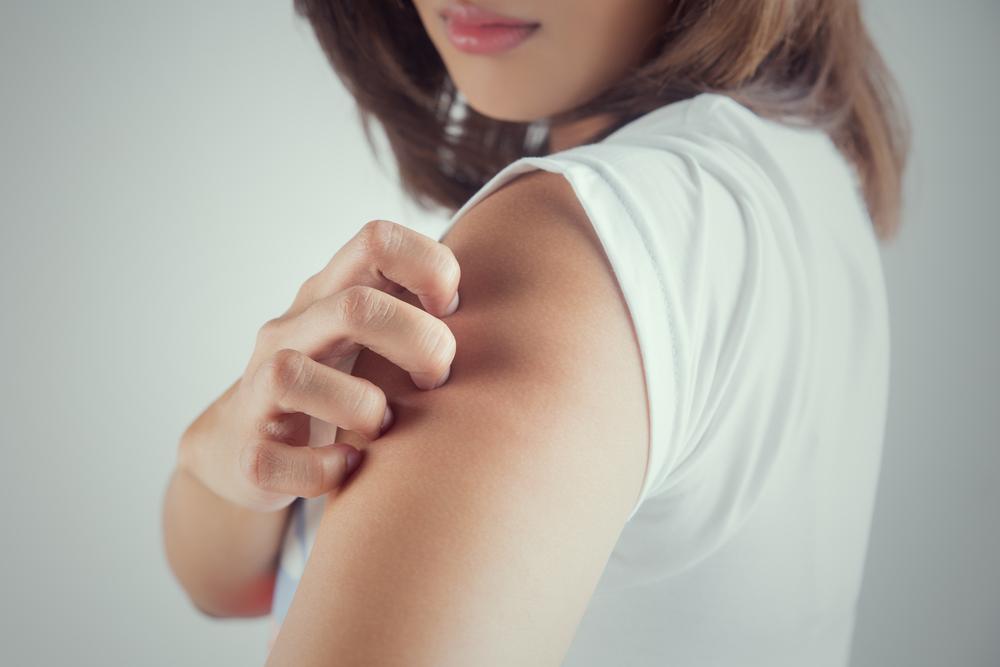Understanding the Main Causes of Hives and Prevention Tips
This article explores the top causes of hives, including allergens, foods, infections, and other factors. It offers prevention tips and highlights when to seek medical help. Understanding these triggers helps manage and reduce outbreaks effectively.

Understanding the Main Causes of Hives and Prevention Tips
Hives, also known as urticaria, are sudden, raised red patches that itch and can appear anywhere on your skin. They typically last a few hours to a day and may merge into larger areas called plaques. Often caused by allergic reactions, hives can occur on the face, neck, shoulders, or back, causing discomfort and embarrassment. Recognizing the common triggers is key to prevention and relief. Main causes include environmental allergens, food sensitivities, infections, clothing material, medication reactions, stress, sun exposure, temperature changes, sweating, and underlying health conditions.
Most hives are temporary and resolve on their own, but persistent or recurrent cases should be evaluated by a healthcare professional.
Environmental Factors Allergens like dust, pollen, pet dander, or insect bites can initiate hives through histamine release. Identifying and avoiding these triggers can reduce outbreaks.
Food Allergies Consuming nuts, shellfish, eggs, dairy, berries, or artificial additives can cause allergic skin reactions. Contact with certain foods may also trigger hives.
Infections Viral and bacterial infections often result in hives, especially during fever, typically fading as the illness improves.
Clothing Choices Tight or rough fabrics can irritate skin through friction, so opting for loose, breathable clothing helps prevent flare-ups, especially in hot weather.
Medication Sensitivity Allergic reactions to drugs such as antibiotics or aspirin can cause hives. Consulting your doctor about medication allergies is advisable.
Emotional Stress Anxiety and stress may exacerbate skin issues, including stress-induced hives. Managing mental health can prevent episodes.
Sun Exposure Solar urticaria causes itchy, red bumps after sun exposure, and this sensitivity may persist regardless of sunscreen use.
Temperature Fluctuations Cold or heat sensitivity can trigger hives; cold urticaria reacts to cold air or water, while heat hives occur in hot environments.
Physical Activity and Sweating Exercise or hot showers raise body temperature, releasing chemicals that may induce hives in sensitive individuals. Staying cool helps prevent this.
Medical Conditions Persistent hives could signal underlying issues such as thyroid problems, lupus, or hepatitis. Medical evaluation is recommended for ongoing cases.
Most cases of hives are temporary and resolve naturally, but recurrent or long-lasting hives require medical attention to identify potential underlying causes.
Disclaimer: This article provides general information. For personalized medical advice, consult a healthcare professional. We strive for accuracy but are not responsible for any inaccuracies or unlisted conditions.


